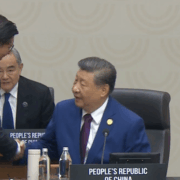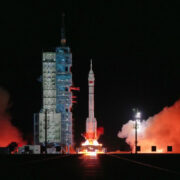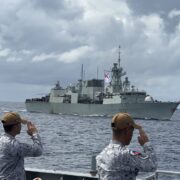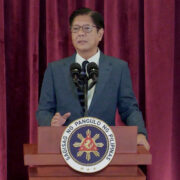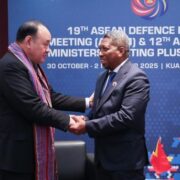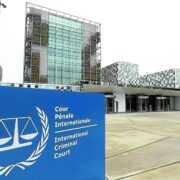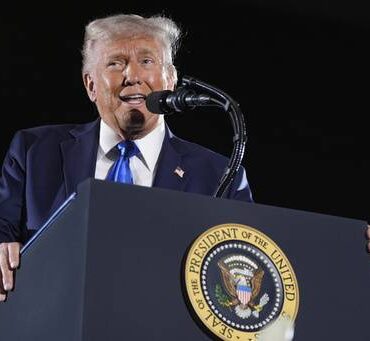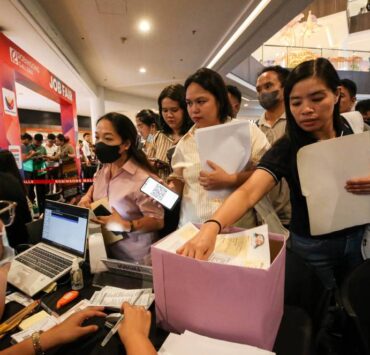Duterte lawyers question ICC jurisdiction, seek his release
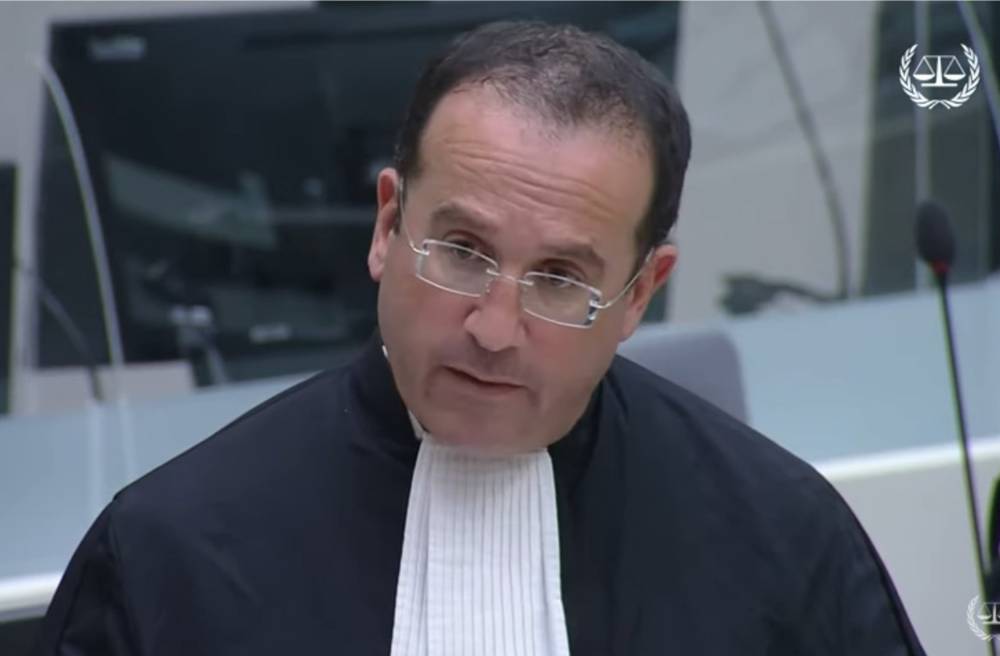
The defense team of Rodrigo Duterte has asked a pretrial court of the International Criminal Court (ICC) to order the “immediate and unconditional release” of the former president because the Hague-based tribunal supposedly has no jurisdiction to investigate and to litigate the drug war killings.
According to a 38-page document released on Thursday, lawyer Nicholas Kaufman, who leads Duterte’s defense team, told the Pre-Trial Chamber (PTC) 1 that his client should not be put on trial at the ICC. He pointed to the prosecution’s failure to justify that the court was lawfully allowed to look into alleged crimes against humanity even after the Philippines effectively revoked its membership from the Rome Statute in 2019.
“The prosecutor has never demonstrated that the court was legally authorized to exercise jurisdiction after the Philippines’ effective withdrawal from the Rome Statute,” read part of the Duterte team’s “challenge with respect to jurisdiction.”
It noted that “as a consequence, all procedural steps taken … in the [investigation] and subsequently, in the case against [D]uterte, lack legal foundation and should be nullified.”
Preconditions
The Philippines withdrew from the Rome Statute, the 2002 treaty establishing the ICC, on Duterte’s orders after then ICC Prosecutor Fatou Bensouda said in February 2018 that she would hold a preliminary examination into the so-called war on drugs that left thousands of people dead. The duty to continue the investigation was passed on to Bensouda’s predecessor, current ICC prosecutor Karin Kham.
But for the defense, the preconditions for the exercise of jurisdiction, as stipulated in Article 12 of the Rome Statute, “were not met.” Under Article 12, states that are not party to the Statute shall “accept” the court’s jurisdiction and “cooperate” with the court.
Citing such provision, the defense pointed out that the prosecution has “systematically confused jurisdiction and the preconditions to the exercise of jurisdiction.”
It also criticized the prosecution for using court decisions and Philippine laws, including the 2021 Supreme Court decision on ICC jurisdiction, that supposedly do not provide “solid legal basis” to prove its case against Duterte.
The high tribunal in July 2021 ruled that Duterte, who was then president, cannot invoke the country’s withdrawal from the Rome Statute to escape the ICC probe and that he cannot arbitrarily cancel international agreements without the concurrence of the Senate.
On the highly debated Article 127(2) of the Statute, Duterte’s legal team said it is “irrelevant or inapplicable” as it asserted that the terms “court” and “under consideration by the court” in the provision should not cover the prosecution and its work to investigate.
Article 127(2) states that a withdrawal by a country or territory from the Statute should not have any effect on its “cooperation” with the court over any criminal probe or proceeding that had begun before the withdrawal took effect.
Changing tune
“The defense argues that the expression ‘the court’ in this provision refers to the judicial organ … to the exclusion of the prosecutor, and in any event, a preliminary examination is not a ‘matter under consideration by the court’,” it said.
For argument’s sake, the defense said that should the preliminary examination conducted by the prosecution be deemed as a “matter under consideration by the court,” it would have an effect only at the level of the Office of the Prosecutor (OTP), and not the judiciary aspect of the court.
‘No bearing’
“The only consequence of such a finding is that the OTP can continue its preliminary examination, but it has no bearing whatsoever on whether the court can exercise jurisdiction under Article 12,” it said.
In concluding the challenge it brought before the PTC, the defense said that Khan “should not be fighting tooth and nail to perpetuate or defend an erroneous decision taken by his predecessor,” adding that the liberty of an individual is at stake.
It also stressed that President Marcos had made the assurance through a “written undertaking” that the Philippine government would not assist the ICC “in any way, shape, or form” and that he implied that his predecessor should not be tried at the ICC.
Marcos had initially said his administration would not cooperate in any ICC proceedings as the country was no longer bound by the Rome Statute.
But he later changed tune and said the Philippine government would not block the ICC after the former president dared ICC investigators last year to come to the country and arrest him.
‘Due process’
In Malacañang, Presidential Communications Office Undersecretary and Palace press officer Claire Castro said the submission of Duterte’s lawyers is part of the observance of due process.
“If their defense is the ICC does not have jurisdiction, then that’s part of due process. Let them be,” Castro said at a press briefing.
She also said she was unaware about the supposed letter from Mr. Marcos cited by Duterte’s legal team in their submission.
Castro, however, stressed that the Philippines will not cooperate or intervene with the ICC’s mandate with or without said letter. —WITH A REPORT FROM JULIE M. AURELIO



